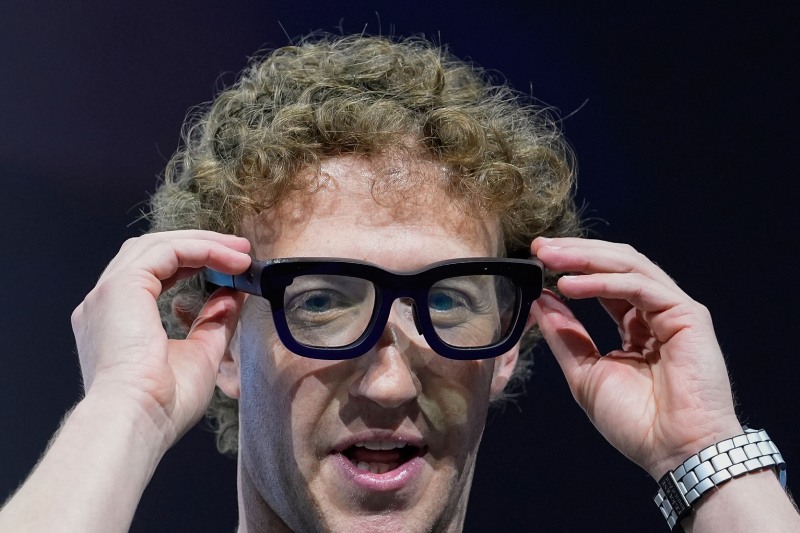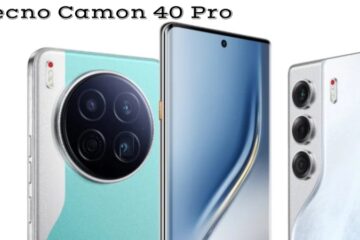Orion: Meta demos the ‘most advanced’ holographic AR glasses, offering a glimpse of the future unveiled by Mark Zuckerberg

Meta, the parent company of Facebook, has recently announced significant updates to its virtual reality (VR) headset technology and Ray-Ban smart glasses, reaffirming its commitment to advancing artificial intelligence (AI) and next-generation computing platforms, as reported by Reuters.
During the Meta Connect 2024 event held on September 25 at the company’s Menlo Park, California headquarters, CEO Mark Zuckerberg introduced a groundbreaking prototype called Orion. Describing it as “the most advanced glasses the world has ever seen,” Zuckerberg revealed that these cutting-edge augmented reality (AR) glasses are lightweight, wireless, and incorporate an innovative “wrist-based neural interface” designed to interpret brain signals into digital commands.
Addressing the audience, Zuckerberg acknowledged the considerable technical hurdles involved in developing such advanced technology, emphasizing the complexity by stating, “The technical challenges to make them are insane.” Although there was no release date provided for Orion, Zuckerberg hinted that this prototype offers “a glimpse of the future,” underscoring Meta’s ambition in the AR/VR space.
In addition to the hardware innovations, Meta showcased updates to its AI system, which included new voice interaction features that allow the integration of celebrity voices. Highlighting Meta’s broader vision, Zuckerberg expressed that the company is focused on “building a future that is more open, more accessible, more natural, and more about human connection.”
Further expanding on AI, Meta introduced advanced features tailored for content creators, enabling them to develop AI versions of themselves for engaging with their fans. The demonstration included a live translation capability using Meta’s smart glasses, where Zuckerberg engaged in a conversation in English while Mexican mixed martial artist Brandon Moreno responded in Spanish, both languages being translated in real time.
Notably, Meta announced that its Meta AI now serves over 500 million users, a figure described as “jaw-dropping” by industry analyst Jeremy Goldman.
Regarding hardware updates, Meta revealed the Quest 3S, a cost-effective version of its VR goggles, priced at $299 and set to be available from October 15. The event also spotlighted the success of Meta’s collaboration with Ray-Ban, showcasing smart glasses that Zuckerberg claimed represent “the perfect form factor for AI.”
While Meta’s primary revenue continues to come from advertising, the company is making significant investments in AI and emerging computing technologies. Despite this, some industry analysts remain skeptical about the widespread adoption of VR headsets. Mike Proulx, Forrester’s research director, expressed doubts, suggesting that “VR headsets, despite Meta’s assertion, will not go mainstream. People can only put up with them for little durations of time because they are too stressful.”
However, Proulx was more optimistic about the potential of smart glasses, noting that they could “embed computing power directly into a familiar form factor” and have the potential to “revolutionize how everyday consumers interact with brands,” signaling a promising future for this technology.


